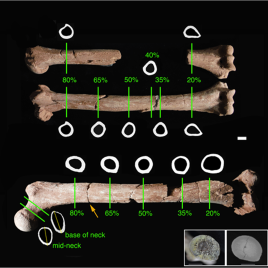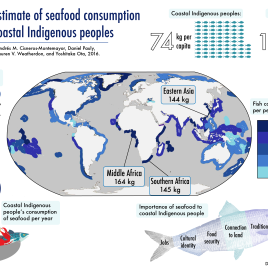Many of the 1430s winters and some springs were extremely cold in several parts of Europe. Researchers analyzed climate archives to reconstruct the climate at the time and figure out its impact on societies. The climate models showed that the harsh conditions were due to natural variations in the climate system, a combination of natural factors that occurred by chance, with cold winters and normal-to-warm summers. The team says their Climate of the Past study could help people today by showing how societies can be affected by extreme climate conditions, and how they should take precautions to make themselves less vulnerable to them.
Authors:
Chantal Camenisch, Kathrin M. Keller, Melanie Salvisberg, Benjamin Amann, Martin Bauch, Sandro Blumer, Rudolf Brázdil, Stefan Brönnimann, Ulf Büntgen, Bruce M. S. Campbell, Laura Fernández-Donado, Dominik Fleitmann, Rüdiger Glaser, Fidel González-Rouco, Martin Grosjean, Richard C. Hoffmann, Heli Huhtamaa, Fortunat Joos, Andrea Kiss, Oldřich Kotyza, Flavio Lehner, Jürg Luterbacher, Nicolas Maughan, Raphael Neukom, Theresa Novy, Kathleen Pribyl, Christoph C. Raible, Dirk Riemann, Maximilian Schuh, Philip Slavin, Johannes P. Werner, and Oliver Wetter
Corresponding author:
Chantal Camenisch, Oeschger Centre for Climate Change Research and the Institute of History, University of Bern, Bern, Switzerland
Canadian contributors:
Richard C. Hoffmann, York University, Toronto, Canada; Benjamin Amann, Queen’s University, Kingston
Original paper published in Climate of the Past on December 1, 2016.


